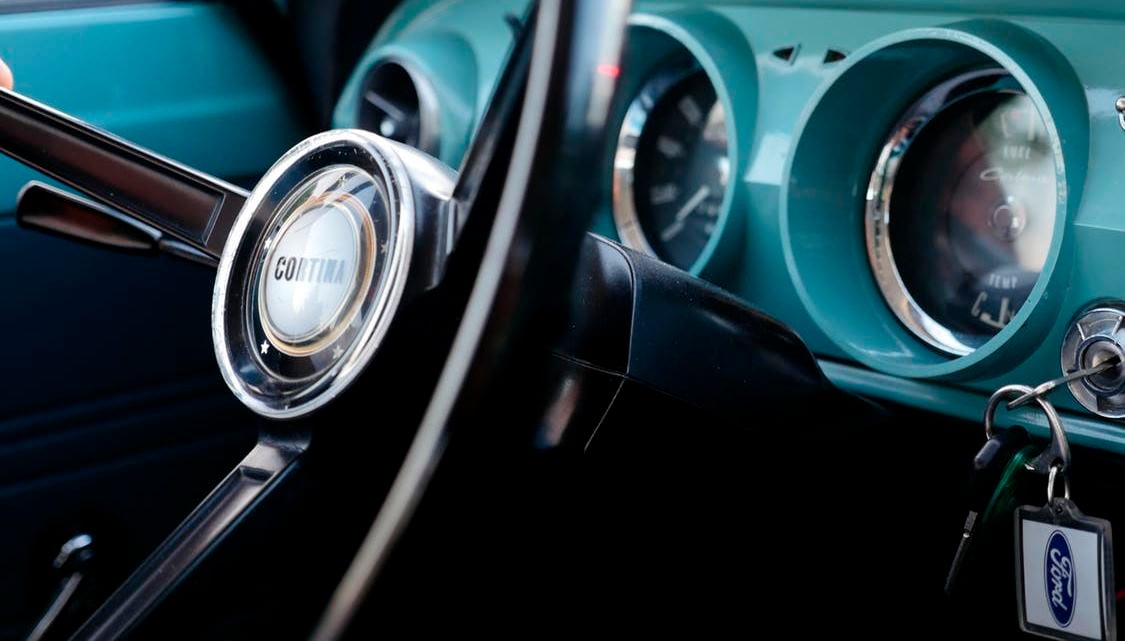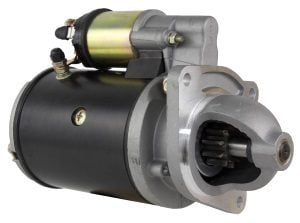Why won’t your car start?
Inside your car’s engine is a mixture of air and fuel, supplied to the engine via the fuel pump. When you turn the key, the ignition will cause the engine’s air/fuel mixture to ignite. The ignition system is powered by your car’s battery.
If any of the above components fail, your car may fail to crank/turn over properly or start when you turn the key. This is because the engine’s air/fuel mixture is unable to combust.
Learn more about the engine combustion process >
What are the causes of an engine not turning over?
Dead battery or damaged charging system:
If your car battery is flat, the vehicle will not start. A dead car battery can often be caused by the charging system not working properly. This results in the battery not receiving the necessary power to work correctly. Car batteries also only have a limited life span of normally 3 to 5 years, and when they fail your car won’t start.
Damaged ignition switch:
When you turn the keys, the ignition switch sends an electrical signal to the battery. This tells the battery to power your car’s accessories (radio, air conditioning, etc) and power your starter motor and turn the engine.
The ignition switch can overheat and malfunction,. Also, the wiring connected to the ignition switch can become damaged, affecting its connection with your battery.
Ignition repairs in Hamilton >
Damaged starter motor:
The starter motor is what produces the cranking noise when you start your engine. When the key is turned, the battery will send power to your starter motor. The starter motor will then rotate your engine flywheel, helping your engine to start.
Starter motor problems can be caused by either loose/broken connections or a component in the starter motor itself, such as:
- the starter motor armature
- the starter motor brushes
- the starter motor windings
- the starter motor bearings
- the starter motor magnets
- the starter motor reduction gear drive and pinion gear
- the starter motor solenoid or relay
Damaged fuel pump or fuel lines:
The fuel pump gives fuel the necessary fuel pressure to travel along the fuel lines and enter the engine and fuel injectors. If the fuel pump is not providing the right amount of fuel pressure, no fuel or not enough fuel will enter your engine fuel injectors or in older cars the carburetor.
Car gear selector is not in park:
If you have an automatic vehicle, be sure to check that your automatic transmission gear selector is in park. If your vehicle is set to drive or neutral, the vehicle will not be able to start.
Also if you have a manual transmission (or stick shift) vehicle, you may need to put your foot fully down on the clutch pedal to disengage the clutch lock out or clutch inhibitor switch.
Car Not Starting – Inspection & Repair in Hamilton
Is your car’s engine not starting or turning over? If so, we can help you solve the problem.
At Grimmer Motors, we specialise in vehicle diagnostics. This means that we can quickly determine what’s wrong with your vehicle, saving you time and money. Our skilled mechanics can then provide quality, quick repairs that you can reply on.
For all battery, ignition and charging system repairs/replacements in Hamilton, contact Grimmer Motors today!



